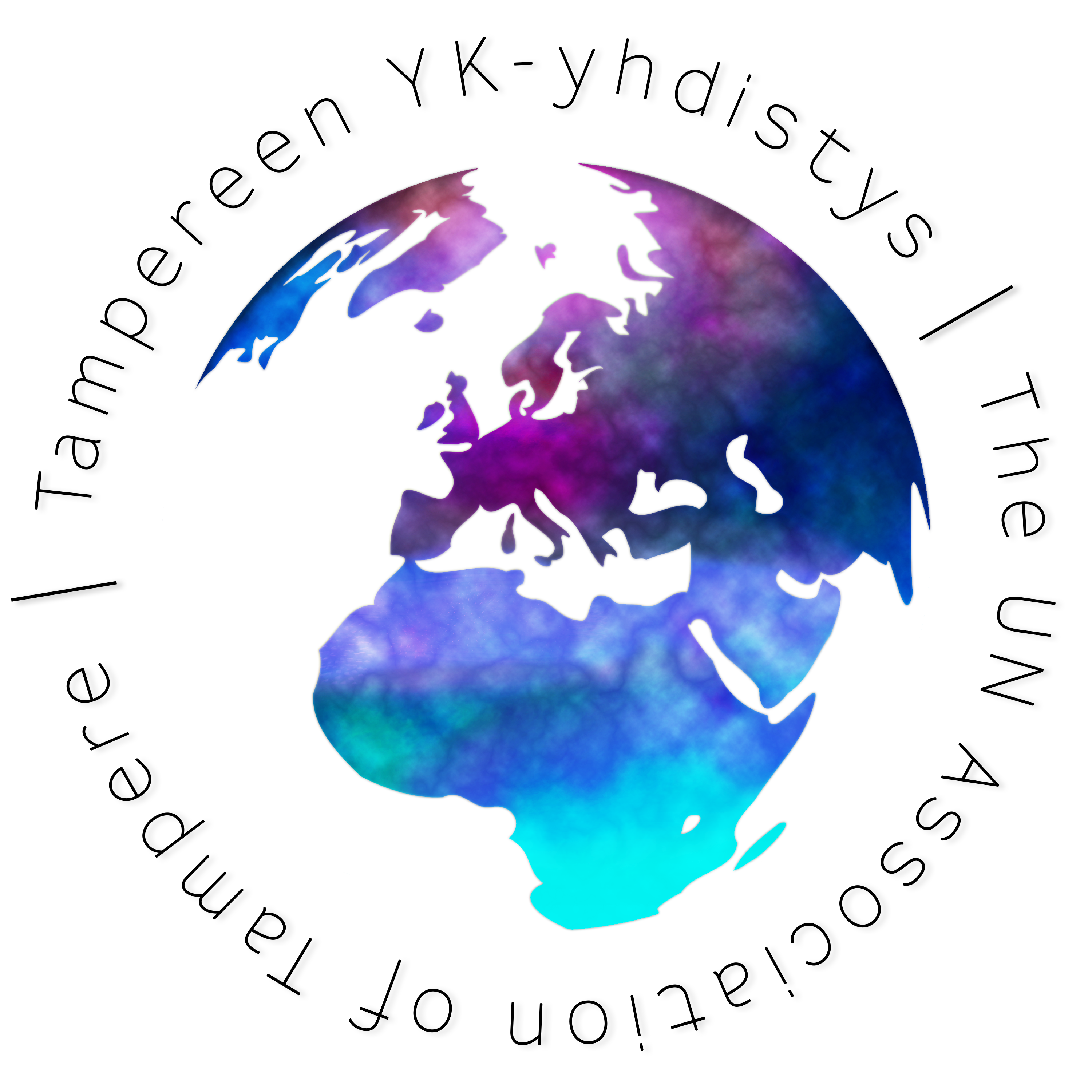Did you play ‘who is afraid of the black man’ as a child?
As a nineties kid, I did. Even though it was later changed to ‘Aquarius’, it was there – being black (especially a black man) is something to run away from and be scared of. Why? Was it because being black was different from the mainstream? As a kid, you don’t really think these things through, you play what the others are playing, and in this game, yelling “who is afraid of the black man” is just part of it. Interestingly, this was the period when Finland started receiving more refugees from Somalia due to the civil war and disorder. Imagine having had darker skin colour and having to play the same game with the same rules with all the blondes running around you…
Systemic racism reinforces individual racism. Individual racism includes an individual’s racist behaviour, assumptions and prejudices, which often is learned from the surrounding ideological environment and its structures. Systemic racism thus is the practices and institutions that strengthen the exclusion of some over others, making it ever clearer who is the ‘Other’. (ACLRC.)
SDG 10, reduced inequalities, means narrowing inequalities among all people. Sadly, many societies around the world face forms of segregation based on e.g. gender, sexuality, religion and race. This results in dividing lines among societies that divide people into separate communities, which can result in inequalities in schooling, health care and confrontations with the official authority. Many societies in the world are still influenced by racial stereotypes and prejudice, the latest example of this being George Floyd’s death last month in an arrest in Minnesota, USA. His last words “I can’t breathe” were spread through social media and many started to share news on systemic and structural racism, hoping to be the change they wanted to see in the world.
These manifestations of structural racism also appear in school systems and health care, especially in the USA, where racial differentiations divide schools into “the black schools” and “the white schools”. Health care might not be available for all people of colour – consequently the ongoing pandemic has seemed to take lives of more black people than white people. Although USA has been in the spotlight for the past month, racism is a global issue, also applying to Finland. According to a survey conducted by European Union Agency for Fundamental Rights in 12 European countries, Finland ranked one of the most racist countries in Europe. You can check statistics here: https://fra.europa.eu/en/publications-and-resources/data-and-maps/survey-data-explorer-second-eu-minorities-discrimination-survey.
In matters of tackling segregation, expressing solidarity is key. It is important to remember that change requires an united front. Changing attitudes and vast societal structures doesn’t happen in one night, which is why it is important to keep reminding ourselves and others of the problems of inequality that people face around the world. Racial prejudice isn’t something people are born to, it is something that they inherit from their surroundings. Children are born with an open mind – so it is up to us how they are raised into this world.
The Secretary-General of the United Nations Antonio Guterres reflected on racial prejudice by saying that diversity is a richness, never a threat. He stated, “Racism is an abhorrence that we must all reject. Leaders in all sectors of society must invest in social cohesion so every group feels valued.” Racism – in all its forms – is not something that all humans experience in the same way. There are people in the world who have never experienced racial prejudice in their lives and there are people who experience it every day. This is why it is so important to educate yourself on racism and how it appears in our societies. Being compassionate and standing up for the people who experience inequality and abuse due to their skin colour is a great start to making change happen.
For further reading, please check out the following links.
For Finnish speakers:
News article on race-based discrimination in Finland by Pauliina Toivanen: Syntyikö nyt rasismin #metoo-liike? Tutkimuksen mukaan poliisi syrjii etnisiä vähemmistöjä myös Suomessa, YLE 3.6.2020.
Report on ethnic profiling in Finland by Suvi Keskinen, Aminkeng Atabong Alemanji, Markus Himanen, Antti Kivijärvi, Uyi Osazee, Nirosha Pöyhölä and Venla Rousku: PYSÄYTETYT – ETNINEN PROFILOINTI SUOMESSA, SSKH Notat 2/2018.
Website article on racism in Finland: Mitä rasismi on?, Finnish Red Cross.
In English:
Website article on equality and discrimination in Finland: Equality and discrimination – Migration and cultural diversity – THL, THL 16.4.2019.
Summary of the report “Being Black in the EU”: Being Black in the EU. Second European Union Minorities and Discrimination Survey, FRA European Union Agency for Fundamental Rights 15.11.2019.
Tampere University’s student association TREY’s statement on antiracism within the academic world: The academic world needs anti-racism!, TREY 10.6.2020.
Sources used for this statement:
https://yle.fi/uutiset/3-11380075?utm_source=facebook&utm_campaign=yleuutiset&utm_medium=social
